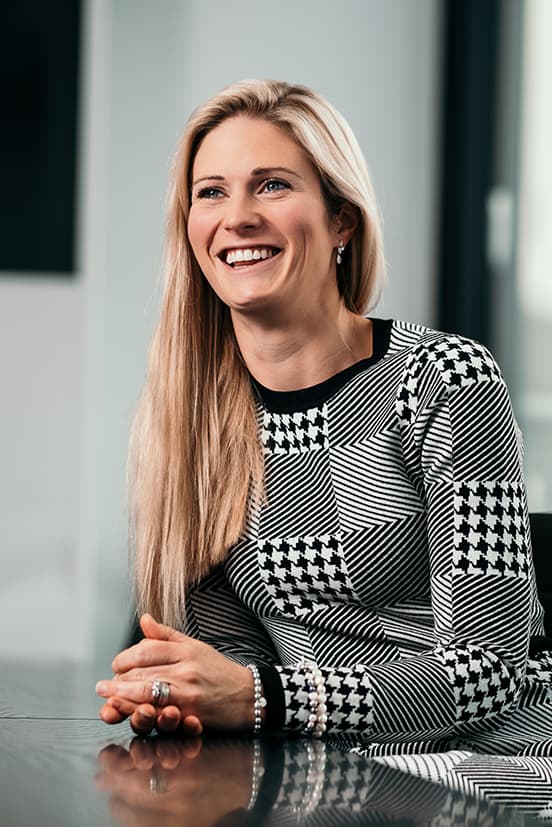Art collectors, both newcomers and the seasoned, often overlook this specific pitfall when selling their art, and it can take a lifetime to overcome.
How often have you seen in the news about the failure of a piece of artwork to reach its reserve price at auction houses? Almost never, at least in the mainstream news, but it does happen. It’s the opposite of how the media usually functions; we all know that bad news sells, but not when it comes to the art world. Only the successes hit the headlines, but if you fail to sell a piece, it will be tainted for many years. If you sell for a meagre amount, you have to live with the result.
The best way to avoid such a situation is to engage the advice of an independent expert. A report from such an agent can be the saving grace for a seller wanting to market their piece at the right price.

JTC Private Office’s Victoria Blackburn spoke to Charles Cochrane of Cochrane Adams Fine Art Agents:
What should you consider when selling a piece in order to obtain the best possible price?
Firstly a seller should establish a target price for their artwork and consider how they can get this with as little risk as possible. This includes deciding whether to go to auction or private market.
The private market can add a significant premium to the price at auction and involves less risk, however it is difficult to approach without representation.
One drawback of auction is that estimates are usually set low to attract bidding, but this strategy carries the risk of the piece selling low. Another drawback is that failure to sell is publicly recorded, which can then leave a question mark over the artwork for many years.
In some cases however, auction can be the best way to sell a piece. In the right circumstances, an auction price can actually exceed the private market.
Provided the independent art advisor is expert as well as independent, I would suggest that only an agent can report on the above for a seller who needs this information before approaching the market.
What happens to a piece that fails to sell at auction?
Artwork that is fresh to the market has a special quality. If it fails to sell at auction, a public question mark appears over it as to why, and this quality is lost. The next auction sale might be in six months or a year. If the artwork is re-offered at auction then the estimates are often halved. Seeking a private sale might be possible, but at a significant discount to original expectations. If the owner waits, the Post War and Contemporary market is more forgiving of when you can re-offer as a fresh work than the Old Master market, which might still expect a generation.
A private offering protects a seller from much of the above.
Is it better to sell a piece privately if there are fears it may not reach the asking price at a classic auction sale?
This is one of the big questions. Provided it is possible to demonstrate why an artwork will achieve a better price privately (and with much less risk), the question for an owner is why go to auction. However, auctions can out-perform the private market for the right work or works.
Do you think COVID has changed the way people buy and sell art? Will the online aspect of sales continue to appeal?
I think Covid accelerated many trends at auction, such as the drive to fine art from the 20th/21st Centuries. Having said that, the online platform suits some artists and their works better than others – online only sales have been a feature of print/multiple sales for many years. Auction is divided into online only sales (usually for lesser works) and live sales, which have a short marketing period and then a sale, as was always the case in a pre-Covid auction, but with much longer marketing periods.
I would be surprised if auction moves far from the online platform given the expense of setting it up, although I hope viewing becomes a bigger part of all sales – art is after all a visual process and online images only go so far, particularly for three dimensional works.
I see the private market as less affected by the pandemic, and I think it will play an even bigger part in the overall market as the international auction houses focus on particular areas.
What general advice would you give to people who are interested in building up a collection but are relatively new to the art world?
A new buyer needs to know what art they like or don’t like and why.
It is easy to mix business with pleasure and end up relying on a personal connection for the all-important questions: “is this a good work?” and “what’s it worth?”
It’s tempting for a new buyer to just get started, whereas often it’s more sensible to wait, ask questions and build trust with someone. Whether trustees are involved or not, I would stress the need for due diligence – art can be much more fully understood than many buyers think. I would suggest getting independent advice before buying, even if you know what you like.
Charles Cochrane is the founder of Cochrane Adams Fine Art Agents. The firm advises and acts as agents for owners and collectors of all forms of fine and decorative art, as well as for their trustees, fiduciaries, family offices and professional advisers. It provides impartial, independent and expert advice when selling and buying works of art, and on all aspects of management and planning relating to it. Charles is a qualified solicitor and has been an art agent for nearly fifteen years.
